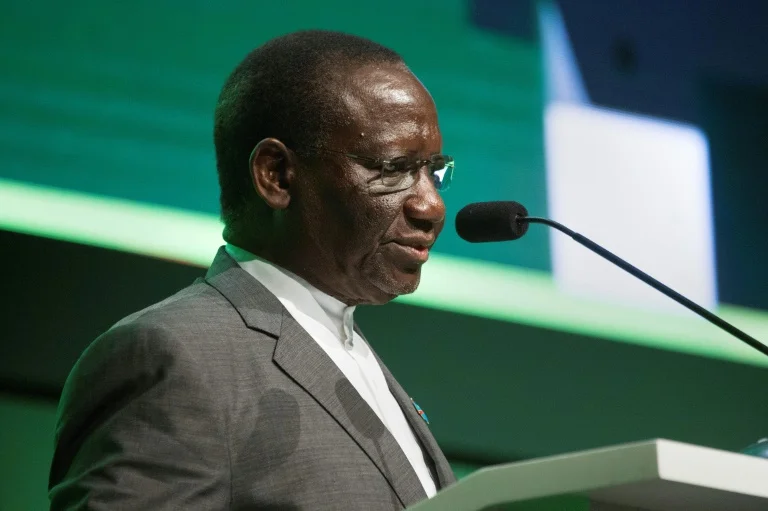On January 29, 2021, the Democratic Republic of Congo’s Prime Minister, Sylvestre Ilunga Ilunkamba, resigned after a no-confidence vote in the National Assembly on Wednesday, January 27, 2021, as confirmed by the presidency.
Presidency spokesman Giscard Kusema told AFP that Ilunga “said he had drawn the consequences of the developing political situation,” noting he was constitutionally required to step down after the censure.
Political Tensions and Power Shift
Ilunga, a close ally of former President Joseph Kabila, was appointed by President Felix Tshisekedi in May 2019 under a power-sharing agreement following the DRC’s first peaceful presidential transition in 2018.
However, a pro-Kabila majority in the 500-seat National Assembly limited Tshisekedi’s control.
Tensions escalated in October 2020 when Tshisekedi appointed three Constitutional Court judges, prompting him to end the coalition with Kabila’s Common Front for Congo (FCC) on December 6, 2020, after national consultations.
Parliamentary Brawls and Censure Motion
The decision to dissolve the coalition sparked brawls in parliament. On January 27, 2021, a censure motion against Ilunga’s government passed overwhelmingly, with 367 of 377 present MPs voting in favor.
Ilunga initially contested the vote’s legitimacy, criticizing the assembly’s provisional bureau, but acknowledged the National Assembly’s authority after 301 MPs signed the motion.
Tshisekedi’s New Majority
President Tshisekedi’s “Sacred Union of the Nation” now commands support from 391 lawmakers, according to Senator Modeste Bahati, enabling Tshisekedi to appoint a new prime minister backed by his own parliamentary majority. The presidency noted it was “too soon” to announce Ilunga’s successor.
DRC’s Ongoing Challenges
The DRC, a vast nation rich in minerals, faces persistent corruption, poor governance, and inequality. Tshisekedi campaigned on reforms and human rights improvements but has been overshadowed by Kabila’s lingering influence through allies in politics, the military, and business.
Kabila, who assumed power in 2001 after his father’s assassination, stepped down after 18 years, allowing Tshisekedi’s controversial 2018 election win.






